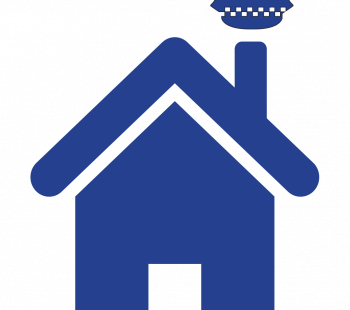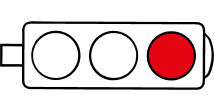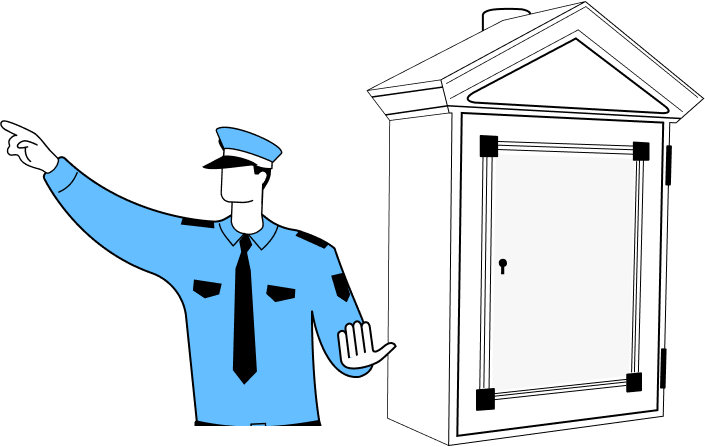Thefts and Breaches, And Ways to Avoid Both
I was having lunch recently with a few co-workers at a local diner. Lunch was on me that day so, when we were finished eating, I walked up to the counter and handed my credit card to the guy behind the cash register. He took the card and was about to swipe it through the machine on the countertop when he paused and said, “Oh, I forgot, our credit card machine is broken.” This statement was followed by another pause and then an awkward silence as I waited for him to tell me what he was going to do about it. I wanted to see how it was going to play out so I said nothing and waited some more and this is what he came up with, “You can just leave your credit card number with me and I will put it through when the machine gets fixed later today.”
What would you have done had you been in that situation? Would you have agreed with his suggestion and left your information for him? Many amongst us do not want to cause a scene, or risk being embarrassed, or are just, nice accommodating trusting sorts who believe in the good of all people, even complete strangers. For many, avoiding an embarrassing situation would be cause enough to leave their information, and in so doing, overlook common sense and ignore their instincts.
I like to think of myself as an accommodating person, but not at the expense of my own version of common sense. To me, this situation had very little to do with trust and a lot to do with too many variables for me to feel a valid sense of security that the information I would leave behind would only be used for its intended purpose. For all I know, the cashier was the most trustworthy person in the diner and he was only trying to reduce the inconvenience I was experiencing. The second I left that information, however, would be the second that I exposed information about myself that was never meant to be in the public domain and subject to misuse by any opportunist who happened to be in proximity. I would have opened myself up to a potentially long term, very unpleasant situation.
For the record, I ended up paying cash for the bill, but I think my experience in the diner that day provides a good example of how a routine lunch could end up being the catalyst for an invasion of privacy and confidential information.
Identity theft and breaches of confidential information are matters that have already impacted hundreds of millions of people. The thieves and hackers that perpetrate these crimes seem to regularly come up with new technology and more complex methods for obtaining this information and profiting from it. The reality is that you and/or your family members already have been or will be a victim of this type of crime and it may not matter if you do everything that you possibly can to protect yourself from having it happen.
There are a lot of things that you can do, however, to minimize the likelihood that you will be a victim going forward, particularly in the way that you protect your private information. In fact, please reference the article Identity Theft: Some Things You Should Know in the Summer of 2007 edition of this publication in order to gain a more thorough understanding of Identity Theft, how it occurs, and most importantly what you do to prevent it.
The term, Identity Theft, however, can be used too broadly and can cause confusion when not applied properly. Most recently, information and data breaches have made the headlines because of the number of people impacted and the immense financial cost incurred. These well publicized breaches have been referred to as Identity Theft when, in fact, there are some major differences.
All of our credit card, debit card, and ATM card data is stored in electronic warehouses throughout the country and by multiple sources. The issuer of your cards stores that information as well as merchants and retailers with whom you have done business and processors who process payment information as an intermediary between the merchant and the issuer. The information is stored in such way that it is encrypted or designed to prevent access by unauthorized sources.
If an unauthorized source, such as a hacker, is able to gain access or breach your electronic card information, trouble can and does follow. These breaches are often referred to as identity theft, but in most of these cases, the thief doesn’t even know your name let alone have any information involving your identity. All he is able to gain is your card number. Typically, the thief then converts your active card number to a fraudulent card and either sells it to an accomplice or keeps it for his own use. When these types of breaches occur, it usually involves thousands if not millions of card numbers.
People who have become a victim of this type of crime are often confused about how it happened because they have taken steps to protect their information and they have not lost their card or had it stolen. A common question by someone who has just learned that their card has been breached is, “How can someone else be using my card, I have it right here?” The answer is that it was the number and the electronic data attached to your card that was stolen and converted not the physical card itself.
Unlike many cases of identity theft that can be prevented by your direct actions, these types of breaches occur through no fault of your own and because of this, there is nothing you can do to stop them from occurring. There are a couple things you can do, however, to lessen the impact of this crime.
Primarily, be predictable in your spending habits and be selective by using only cards that are essential to your spending needs.
If you are predictable in the way that you use your cards, the fraud detection tools that the issuer of your card uses to identify fraud will be more accurate and work faster. Fraud detection and prevention tools analyze your spending habits and provide a red flag to your issuer if a transaction does not fit your spending habits or patterns. You may have received a call from your card provider after making a big purchase or while traveling and that is because the fraud detection tool was doing its job. While the call may have seemed like an inconvenience to you, it is actually an indication that your card provider was being proactive in detecting and minimizing fraud for your protection.
If you are selective in the number and type of cards that you use, you minimize the impact to yourself if a breach occurs. In other words, you can’t have two checking accounts cleared out, if you only have one debit card for one account. You may very well need several cards because of the business that you are in or the type and frequency of spending you incur, but you should keep the number of cards that you maintain to the essential minimum, whatever that minimum may be.
Lastly, don’t fail to exercise your version of common sense especially if it involves creating the potential for a long term problem because you want to avoid a potential short term conflict.
Scott Arney
Chief Executive Officer
Chicago Patrolmen’s Federal Credit Union
Don’t forget, members of the Credit Union enjoy free and confidential Credit Counseling and Financial Planning through our Financial Planning and Education Center. We are here to assist you every step of the way.








